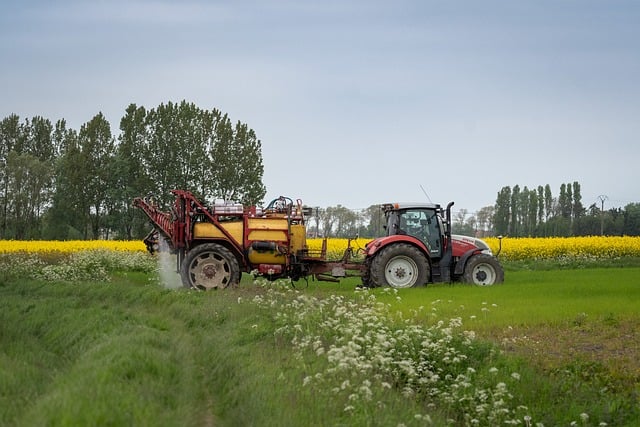In the heart of every rural community lies the potential for growth, prosperity, and sustainability. Yet, bridging the gap between traditional farming methods and modern agricultural practices often proves to be a challenge. Agricultural training is not just a tool; it is a pathway to empower rural development and ensure a sustainable future for our farmers.
When we talk about transport sustainability in agriculture, we must recognize its pivotal role in connecting farmers to markets, resources, and information. Efficient transport systems enable farmers to access agricultural training programs that introduce them to innovative practices, better crop management techniques, and sustainable farming methods. These initiatives not only enhance productivity but also promote the safe movement of goods, leading to reduced waste and increased profitability.
Sustainable agricultural training equips farmers with essential skills and knowledge. It helps them understand the significance of eco-friendly farming practices, like crop rotation and organic farming, which contribute to the health of our planet. By adopting these practices, farmers can reduce their reliance on harmful pesticides and fertilizers, ensuring their land remains viable for generations to come. Training programs that emphasize these techniques foster a deep-seated commitment to environmental stewardship among rural communities.
Moreover, agricultural training leads to improved rural development in numerous ways. As farmers become more knowledgeable and confident in their practices, they often experience increased yields and improved income. This financial stability empowers them to invest back into their communities, addressing issues such as education, healthcare, and infrastructure. When rural areas thrive economically, the entire community benefits, creating a ripple effect that uplifts everyone.
Furthermore, during agricultural training sessions, farmers can exchange ideas and share experiences. This collaboration promotes the sense of community essential for rural development. The knowledge-sharing culture fosters innovation, encouraging farmers to adopt new technologies and sustainable practices that perhaps they wouldn’t have tried in isolation. By working together and learning from one another, rural communities create resilient networks that can withstand economic and environmental challenges.
Transport sustainability directly impacts the operations of local farms. When farmers have reliable transportation to markets, they can ensure that fresh produce reaches consumers quickly and efficiently. This not only enhances the profitability of their operations but also contributes to local food security. Agricultural training programs can emphasize the importance of this logistical aspect, teaching farmers how to optimize their supply chains and reduce spoilage.
In a world increasingly focused on sustainability, the role of agricultural training in rural development cannot be overstated. It is a vital investment in our future, equipping farmers with the tools they need to create lasting change. By prioritizing transportation sustainability and harnessing the power of educational programs, we can pave the way for thriving rural communities that are both economically viable and environmentally responsible. Together, let’s cultivate a brighter future for agriculture and empower the heart of our rural communities.




